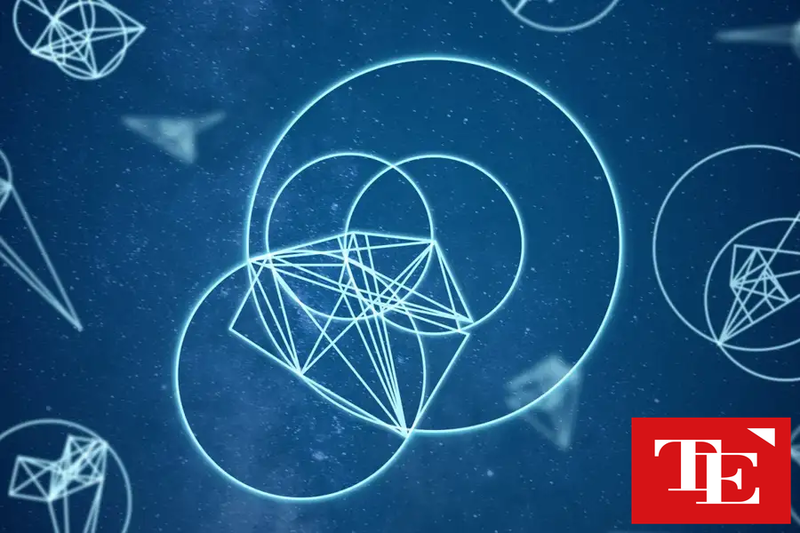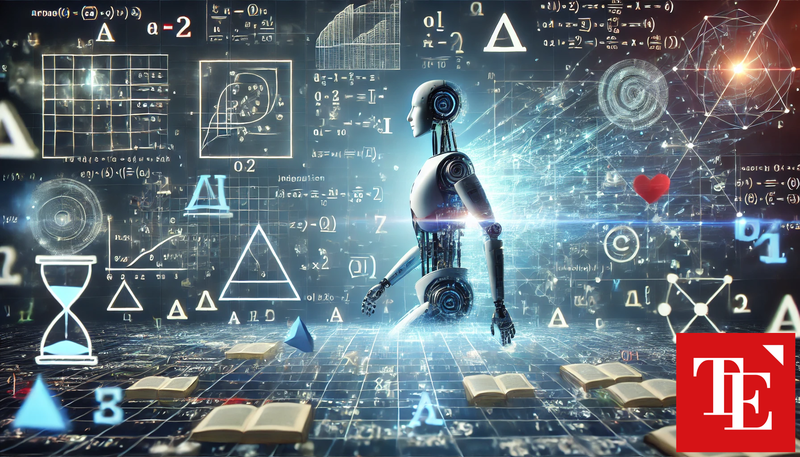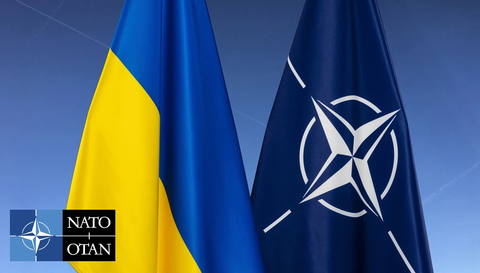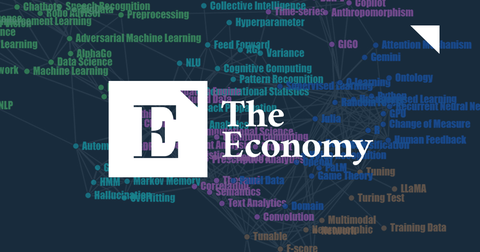Input
Changed
Google DeepMind has used cutting-edge AI techniques to challenging mathematics problems. Prominent mathematicians evaluated our solutions using the IMO's scoring standards, including Prof. Sir Timothy Gowers, an IMO gold medalist and Fields Medalist, and Dr. Joseph Myers, a two-time IMO gold medalist and Chair of the IMO 2024 Problem Selection Committee.

The problems were manually transformed into formal mathematical language for the AI systems. For the formal competition, students had two 4.5-hour windows in which to submit their solutions. Our AI algorithms solved one problem in a few minutes, but others took up to three days to resolve.
By not only determining the correct answers but also proving their correctness, AlphaProof resolved two algebraic problems and one number theory challenge. This includes identifying the most difficult challenge in the competition, which only five contestants were able to resolve. AlphaGeometry 2 successfully solved the geometry problem, but it failed to solve the two combinatorics problems.
Particularly in contests like the International Mathematical Olympiad (IMO), Google DeepMind's AI systems have demonstrated notable progress in solving mathematical puzzles. Their cutting-edge AI models, AlphaGeometry and its enhanced version, AlphaGeometry2, have demonstrated skills comparable to those of the best human mathematicians, especially when it comes to solving geometry issues. Building on its predecessor, AlphaGeometry2 exhibits a blend of neural networks and symbolic AI. Over the last 25 years, it has been able to solve 84% of the IMO's geometry problems using this hybrid approach, outperforming average gold medalists. The system suggests and verifies geometric problem-solving stages using Google's Gemini language model, and a symbolic engine makes sure that each solution makes sense. With this method, the AI can comprehend and work with mathematical symbols to produce proofs.
Given that AlphaGeometry2's performance surpasses that of several IMO gold medalists, this accomplishment represents a significant advancement for AI in mathematics. AI does have some limitations, though. For example, AlphaGeometry2 has trouble with increasingly sophisticated mathematical research issues that involve inequalities, nonlinear equations, and a variable number of points. Notwithstanding these obstacles, the system's development is seen as a significant step toward AI's ability to support mathematical research.
When compared to AlphaGeometry, AlphaGeometry 2 is a major improvement. Built on top of the Gemini language model, this new version is a neuro-symbolic hybrid system that was trained using an order of magnitude more synthetic data than the prior model. AlphaGeometry 2 can now handle far more difficult geometry problems thanks to this improvement, including ones involving object movements and equations involving angles, ratios, and distances.
Additionally, the system has a symbolic engine that doubles its speed. AlphaGeometry 2 employs a novel knowledge-sharing technique when confronted with a new challenge, which enables it to integrate many search tactics to tackle increasingly challenging problems.
Compared to its predecessor's 53% success rate, AlphaGeometry 2 had already resolved 83% of all IMO geometry difficulties from the previous 25 years prior to the 2024 competition. After being formalized, AlphaGeometry 2 solved Problem 4 in just 19 seconds at the IMO 2024.
Google DeepMind’s broader efforts, including establishing a new system dubbed AlphaProof, suggest that AI could soon become a useful tool for mathematicians, helping them solve challenges humans may not be able to manage on their own. In the long run, the merging of neural networks and symbolic AI might become important in constructing a more generalist AI capable of solving a wide range of problems across multiple domains. Even if AI systems like AlphaGeometry2 can yet be improved, their capacity to interact with sophisticated mathematics has the potential to completely transform mathematical study, thereby accelerating discoveries and opening up complex arithmetic to a larger audience. The article you're looking to discusses a huge advancement in artificial intelligence (AI), specifically by Google DeepMind, and how AI is becoming increasingly proficient at solving mathematical problems, particularly when competing against humans in prominent tournaments like the International Mathematical Olympiad (IMO). Important Developments: AI at the IMO: A "phase transition" in AI's capacity to solve math problems at an Olympiad level has been marked by DeepMind's AI's remarkable achievements in mathematical thinking. AlphaProof was evaluated using problems from the 2024 IMO, a significant contest for math whiz kids. The AI solved four out of six tasks, earning it a silver medalist score even if it didn't win. It was especially successful in number theory, algebra, and geometry.
AlphaProof & AlphaGeometry: AlphaGeometry2: An improved AI that has demonstrated exceptional performance in solving geometry issues in the IMO, with over 80% success rate. This system integrates Google's Gemini model with neural networks and symbolic thinking. AlphaProof: A more comprehensive model that uses formal reasoning systems and reinforcement learning to address a wide range of mathematical problems. The Function of AI in Mathematical Research: DeepMind's research explores AI's capacity to "rediscover knowledge," much like AlphaZero did when it learnt to play chess and go by competing with itself. In the hopes that these abilities might be extended to more challenging problems in research mathematics, artificial intelligence is currently being tested to answer theorems, particularly in geometry. Combining neural network-based models with symbolic AI (which manipulates symbols using rules) creates a hybrid method that seems to work better for some challenges.

AI's Prospects in Mathematics: In mathematics, artificial intelligence (AI) is being viewed as a collaborator as well as a tool that can expedite research and even encourage mathematicians to think in new ways. But rather than taking the role of mathematicians, the objective is to support them by finding new avenues for investigation and swiftly resolving challenging issues.

Repercussions:
Innovation in AI Cooperation: One important concept is that AI is not only solving problems on its own; it may also work alongside human mathematicians to propose novel solutions and validate intricate theorems.
Symbolic vs. Neural Networks: The combination of neural networks' adaptability with symbolic reasoning, which applies rules logically, is thought to be a viable avenue for the development of artificial intelligence in mathematics.
AI in Research: It is anticipated that AI will soon be able to contribute significantly to cutting-edge research, possibly resolving issues that humans are currently unable to.
Important Technical Information: Reinforcement Learning: AlphaGo and AlphaZero are examples of autonomous learning systems that get better through constant trial and error.
Mathematical Language Model: To avoid the "hallucinations" that certain AI models are prone to (such as fabricating wrong answers), the system is trained to generate and verify proofs using a formal mathematical language.
Working Together with Human Experts: Experts have examined and verified DeepMind's models, guaranteeing that AI performs in accordance with human standards of mathematical rigor. In summary, this marks a new area where AI has the ability to propel the next stage of innovation in mathematical research and problem-solving, in addition to helping to solve challenging mathematical issues.







